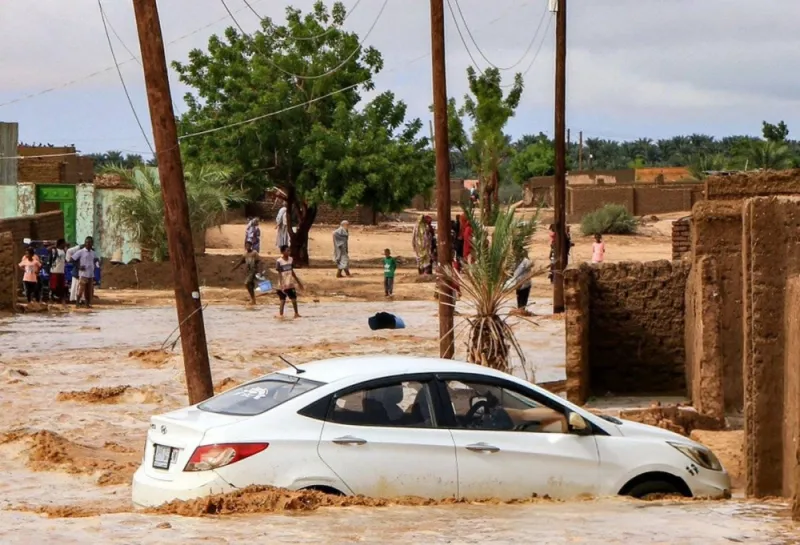The United Nations has reported that devastating floods in South Sudan have impacted around 1.4 million people, displacing more than 379,000 individuals across the country.
The United Nations Office for the Coordination of Humanitarian Affairs (OCHA) stated that the floods have affected 1.4 million people in 43 counties, including the Abyei region, with mounting concerns over the spread of malaria in flood-hit areas.
OCHA highlighted South Sudan's acute vulnerability to climate change, noting that the country is experiencing its most severe flooding in decades, particularly in its northern regions. The humanitarian office warned that rising malaria cases in multiple states are straining an already fragile healthcare system, further exacerbating the crisis for flood-affected communities. Gulf Times






